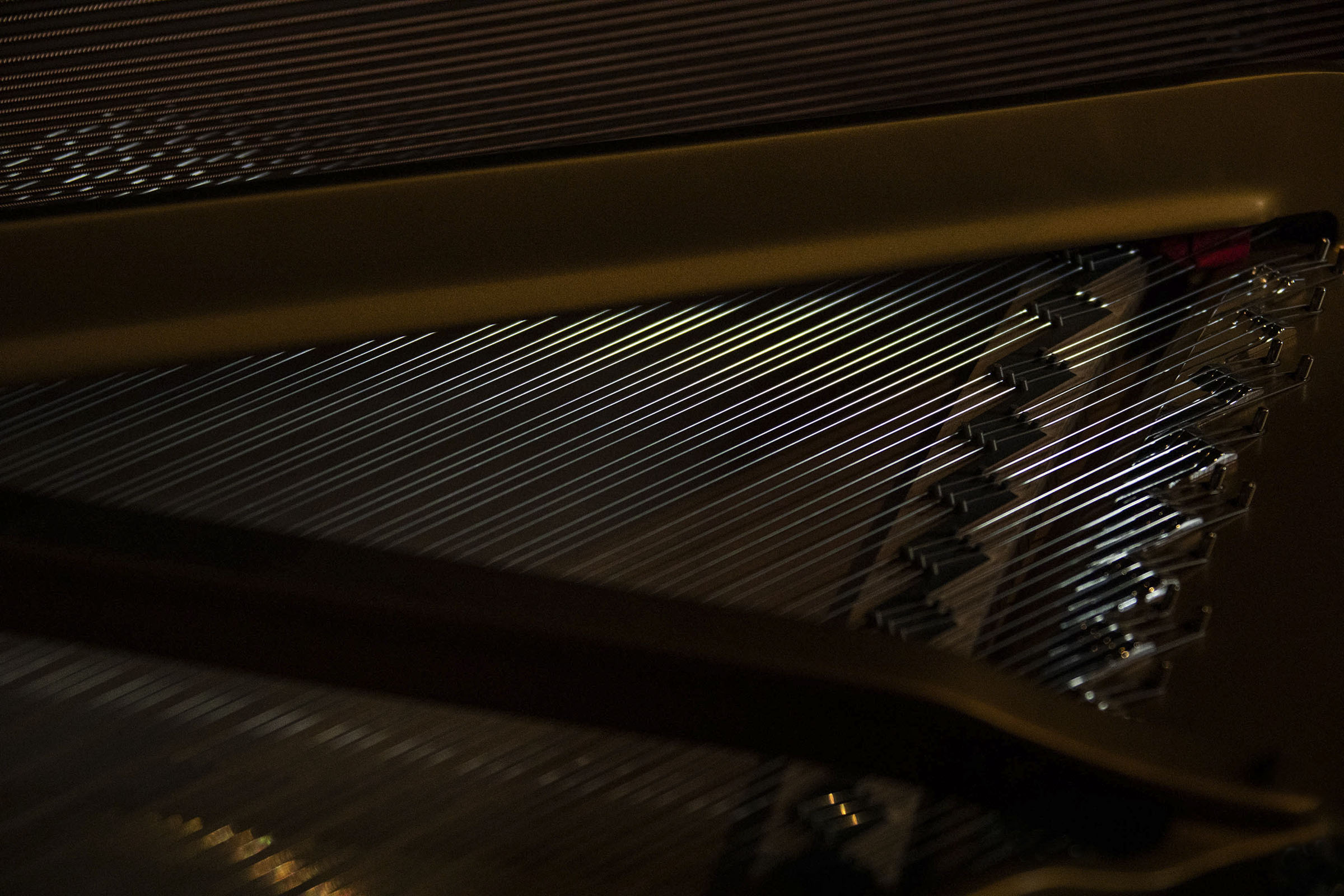Rachmaninoff Fest. Alexei Petrov
A concert exploring the connections between Romanticism and modern music.
On the 27th of February 1854, Robert Schumann attempted suicide and threw himself into the Rhine. The next day, he would finish work on his final composition—Variations in E-flat Major. A few days later, the forty-four year old Schumann would be taken to a private psychiatric clinic not far from Bonn, where he would spend the final year and a half of his life. Variations in E-flat Major would go down in musical history as the Geistervariationen (Ghost Variations)—Schumann claimed the theme of this last of his works had been sung to him by angels.

The Geistervariationen is interesting not just as a tragic autobiographical document, but as a work that falls out of the aesthetic context of its time. The composition’s initially stable, monolithic choral theme gradually blurs, distorts, before it finally dissolves into the chromatic haze of its finale, where Schumann comes close to the artistic discoveries of the turn of the nineteenth and twentieth centuries.
In the fall of 2022, Alexey Petrov recorded the Geistervariationen for the Tuning–3. Society for Private Musical Performances project. Today, the Belorussian pianist returns to
Until now, Rachmaninoff Fest has presented a cross-section of the current state of post-Soviet piano and sought to outline possible paths for its further development through reference to the acoustic context of the past. This new season begins with an episodic change in format, giving audiences the opportunity to compare the expressive possibilities of the modern piano with those of historical instruments of the nineteenth and early twentieth centuries played in previous concerts of the cycle.
Alexey Petrov (Grodno, 1977) is a graduate of the Republican Lyceum and the Belarusian State Academy of Music, where he studied for a masters degree under Professor Valentina Rakhlenko and Professor Yuri Gildyuk. He went on to hone his performing skills at the Berlin Hans Eisler School of Music under Professor Georg Sava. Petrov is a laureate of many international competitions, holds a scholarship from the New Names International Foundation, and was awarded the Prize of the Ministry of Culture of the Republic of Belarus for Creative Achievements in the Field of Culture and Art in 2010. He is a regular performer at the Beethoven Festival in Bonn, the Mendelssohn Festival in Hamburg, the Days of New Music in Kassel, the Classical Music Festival in Port de Soller (Spain), and in many other projects organised by leading contemporary musicians. He regularly performs in Russia, Belarus, and Europe as a soloist and with various orchestras.
Programme
Part I
Robert Schumann (1810–1856)
Sonata no. 1 in F-sharp Minor, op. 11
I. Introduzione. Allegro vivace
II. Aria
III. Scherzo e Intermezzo
IV. Finale
Geistervariationen (Ghost Variations), WoO 24
Part II
Frederick Chopin (1810–1849)
Polonaise-Fantaisie, op. 61
Maurice Ravel (1875–1937)
Three pieces from the Miroirs cycle
"Noctuelles"
"Une barque sur l’océan"
"Alborada del gracioso"
Claude Debussy (1862–1918)
L’isle joyeuse, L. 106
Steinway Piano (2020)